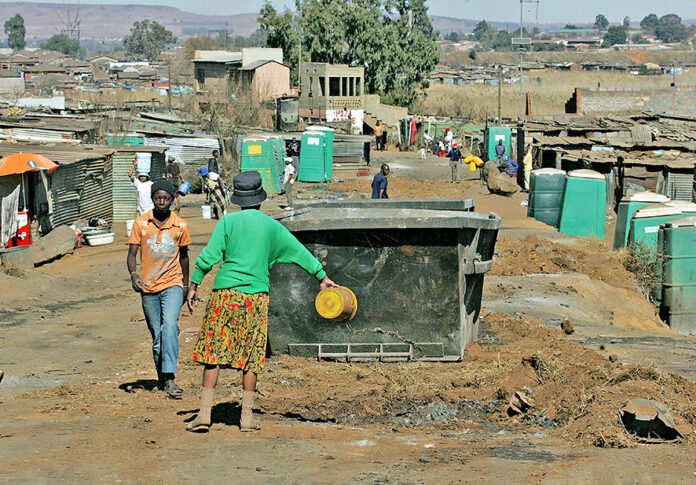Statistics South Africa (Stats SA) has highlighted the progress made in basic government services over the past three decades, celebrating a significant milestone in the country’s democratic journey.
On Thursday, statistician-general Risenga Maluleke released the General Household Survey 2023 Report, which offers a detailed overview of the nation’s strides towards equality, freedom, and justice since the end of apartheid.
The report shows that a typical household consists of about three members, with about one-quarter of households comprising only one person.
Progress in housing conditions
A significant majority, more than 87%, is comprised of four or five members, while the remaining 13% accommodates six or more individuals.
Maluleke noted that there is evident progress in housing conditions, with a rise in formal dwellings compared with previous years.
In 2023, about 83.5% of the population resided in proper housing, marking an increase from 73.5% in 2002.
The prevalence of informal settlements has slightly declined, and formal housing has witnessed enhancements such as an increased room count and improved roofing, he said.
Access to clean water has also notably improved, evident in the increased presence of piped water and indoor plumbing within households, along with expanded access to municipal water sources.
The statistician-general added that sanitary facilities have also seen upgrades, with a greater prevalence of flush toilets or ventilated pit latrines, particularly in specific regions.
Infrastructure gaps
While more households now have access to electricity compared with earlier periods, it was confirmed that some still rely on alternative energy sources such as gas, open flames, or candles, particularly during power outages.
He explained: “Access to proper shelter and essential services like water, sanitation, and electricity are vital indicators of household wellbeing.
“Notable improvements in service delivery result from government initiatives, infrastructure investments, and collaborations with the private sector and civil society.
“However, persistent inequalities highlight the need for continued efforts to address infrastructure gaps and promote inclusive development.”
“However, while there have been improvements in access to basic services and housing, inequalities persist, requiring sustained efforts to address infrastructure gaps, promote inclusive development, and enhance the resilience of communities in the face of future challenges,” he said.



